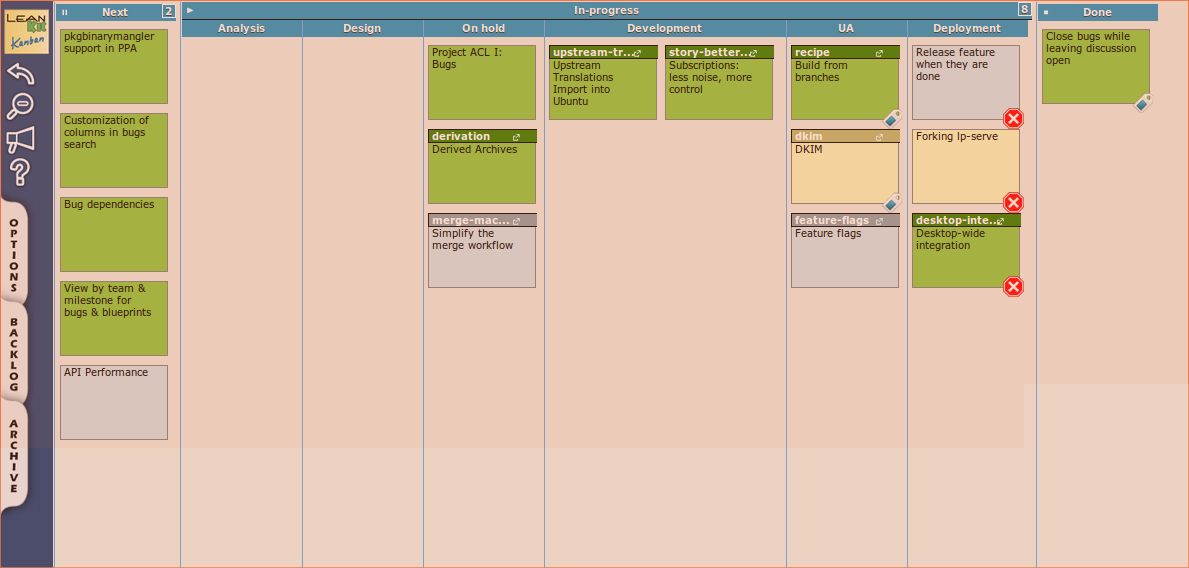A cream pie in the face
Monday, May 16th, 2011 Launchpad has a lot of <a
Launchpad has a lot of <a
Launchpad has a lot of critical bugs. A month ago, we had close to 300 of them. At the time of writing, we have 226.
Francis reckons that we can have zero critical bugs by June 27th but I am a little bit sceptical. To that end, I’ve made a wager with the Launchpad developer community:
If we have zero critical bugs by June 27th, then I’ll let one Launchpad contributor shove a cream pie in my face at our next get-together in Dublin.
Here are the ground rules:
- launchpad-project, not launchpad
- The bugs have to be actually closed, and if fixed, actually released
- “Critical” is as defined on our bug triage page (and no cheating by changing the policy)
- Any bugs that are escalated by Canonical stakeholders after the announcement do not count, but any new timeouts, oopses and so forth do count
- I will leave it to others to nominate a pie-er
- A custard pie would also be acceptable
If you want to see me publicly and deliciously embarrassed in the tastiest way possible, then now is the time to start fixing bugs. I will make sure that the event is filmed, photographed, instagrammed, live-tweeted and made available in whatever ways the cool kids are mainlining their microtainment these days.
Since announcing this on Twitter, Ted Gould and Neil J. Patel have also volunteered to be cream-pied if we meet this goal.
Photo by little blue hen. Licence: CC BY 2.0.



